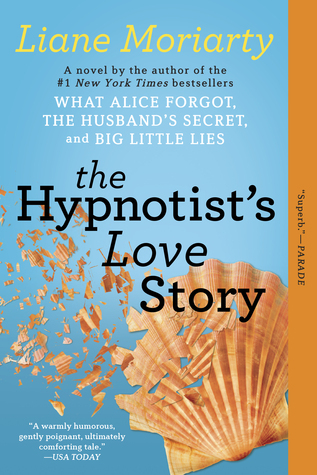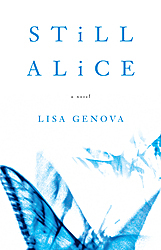
What Alice Forgot
Book Description
What if everything you thought you knew about your life vanished overnight? Alice Love wakes up after a fall, disoriented and confused, only to discover she’s lost a decade of memories—and she doesn’t even recognize the man she’s married to. As fragments of her past unravel, Alice struggles to piece together her identity, grappling with heartache, forgotten passions, and unexpected relationships. With each revelation, the stakes rise, and the truth threatens to shatter the facade of her seemingly perfect life. Can she reclaim the woman she once was, or will the abyss of forgetfulness swallow her whole? What happens when the past collides with the present?
Quick Book Summary
In "What Alice Forgot," Alice Love wakes up after a gym accident, believing she's 29 and happily married, only to learn she's lost a decade of memories and is, in fact, 39, mother of three, and on the brink of divorce. As Alice tries to reconcile the woman she thought she was with the person her family and friends claim she has become, she must confront painful truths and deep-seated changes in her relationships. Her journey to recover her memory and identity forces Alice to ask whether it's possible to rediscover lost happiness and repair what seems broken. Liane Moriarty blends humor, emotion, and intrigue in a moving exploration of love, regret, and the possibility of renewal.
Summary of Key Ideas
Table of Contents
Memory and Identity Crisis
Alice Love's world is turned upside down when she regains consciousness after a fall at the gym, only to discover she has lost all memory of the past ten years. She believes she is a carefree 29-year-old, blissfully in love with her husband Nick and pregnant with their first child. The reality she faces is startling: she is 39, mother to three children she doesn't remember, estranged from her beloved sister Elisabeth, and in the midst of a bitter divorce from Nick. The struggle to comprehend these changes sets in motion a journey of self-discovery and emotional exploration.
Transformation and Personal Growth
As Alice navigates her own story, she is forced to confront how time, success, and hardship have transformed her. Once easygoing and cheerful, Alice learns she has become controlling, distant, and obsessed with social status. Through interactions with Elisabeth, Nick, and her friends, Alice recognizes how ambition and everyday stresses hardened her outlook, strained her marriage, and erected barriers with those closest to her. By viewing her life through the naïveté of her younger self, Alice questions the choices that led her down this path.
Family and Marital Relationships
The novel delves deeply into the complexities of family and marital relationships. Alice’s lost decade is filled with pivotal moments—infertility struggles, parenting challenges, and marital rifts—that contributed to her current disconnection. The tension between the memories Alice has and those she’s lost forces her to see Nick and her children with fresh eyes, reigniting empathy and affection. These revelations shed light on misunderstandings and old wounds, prompting Alice to reevaluate the future of her family.
Forgiveness and Second Chances
Forgiveness and second chances are central themes as Alice grapples with regret and yearning for redemption. The amnesia offers a clean slate, and she attempts to mend broken bonds with Nick and Elisabeth. Alice realizes that while some actions can’t be undone, offering and accepting forgiveness is vital in moving forward. Her struggle highlights the challenge—and necessity—of letting go of anger and fear in order to heal.
Friendship and Reconciliation
Friendship and reconciliation figure strongly in Alice’s journey. Reconnecting with her estranged best friend Gina, who has since passed away, and repairing her tattered relationship with Elisabeth allow Alice to rediscover the value of honest connection. Ultimately, Alice’s transformation offers hope that even after profound loss or mistake, it’s possible to rediscover one’s truest self and reclaim joy. Moriarty leaves readers questioning which parts of our identity are worth holding onto, and how change can lead not just to loss, but to renewal.
Download This Summary
Get a free PDF of this summary instantly — no email required.





